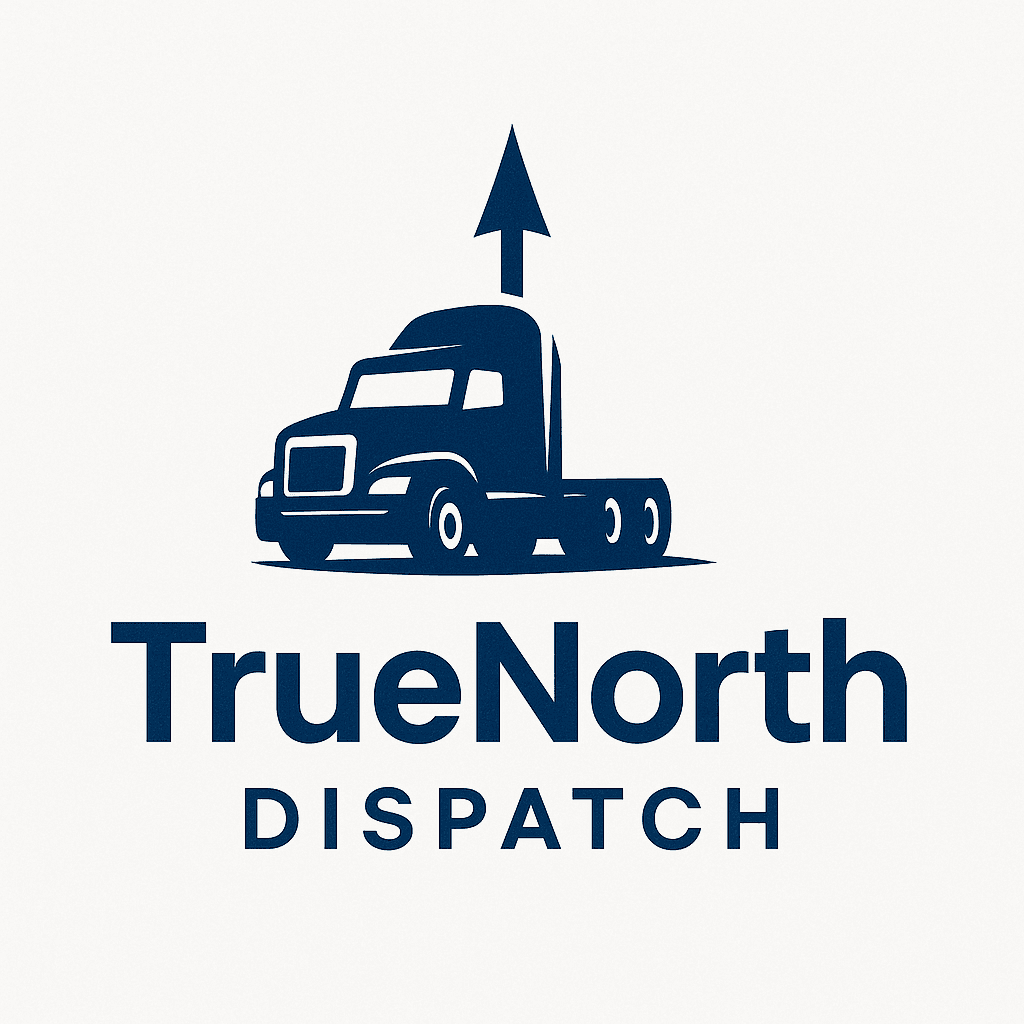The Ultimate Guide to Professional Truck Dispatching in Canada
Introduction to Truck Dispatching in Canada
Truck dispatching is a critical component of the Canadian transportation industry, ensuring the efficient movement of goods across the vast landscape. With a growing demand for reliable logistics, professional truck dispatchers play a pivotal role in coordinating routes, managing schedules, and maintaining communication between drivers and clients.
In this ultimate guide, we’ll explore the key aspects of truck dispatching in Canada, providing insights into best practices, essential skills, and tools that can enhance dispatch operations. Whether you're an aspiring dispatcher or looking to optimize your current processes, this guide will help you navigate the complexities of the industry.

Essential Skills for a Truck Dispatcher
To excel in truck dispatching, certain skills are indispensable. A successful dispatcher must possess strong communication abilities to effectively coordinate with drivers and clients. Additionally, problem-solving skills are crucial for managing unexpected situations on the road.
Another important skill is attention to detail, which ensures that all logistical elements are accounted for. Dispatchers must also have a good grasp of geography and route planning to optimize travel times and fuel efficiency.
Technical Proficiency
In the digital age, proficiency with dispatch software and GPS systems is essential. These tools help automate routing processes, provide real-time tracking, and streamline communication. Familiarity with these technologies can significantly enhance a dispatcher's effectiveness.

Challenges and Solutions in Truck Dispatching
Truck dispatchers in Canada face numerous challenges, including weather conditions, regulatory compliance, and fluctuating fuel prices. Understanding how to navigate these issues is key to maintaining smooth operations.
One effective solution is to implement adaptive scheduling, allowing flexibility to adjust routes and schedules as needed. Keeping abreast of weather forecasts and traffic patterns can also mitigate potential delays.
Regulatory Compliance
Compliance with Canadian transportation regulations is non-negotiable. Dispatchers must ensure that drivers adhere to hours-of-service rules and maintain accurate records. Utilizing compliance management tools can simplify this process and minimize risks.

Tools and Technologies for Efficient Dispatching
The right tools can transform dispatch operations. In addition to GPS systems, many dispatchers use fleet management software that integrates with telematics devices to monitor vehicle performance and driver behavior.
These technologies provide valuable data insights that can drive decision-making and improve overall efficiency. Implementing automated systems can also reduce manual workloads, allowing dispatchers to focus on strategic planning.
Adopting AI and Machine Learning
Emerging technologies like AI and machine learning are revolutionizing the dispatch industry. These tools can predict traffic patterns, optimize routes in real-time, and enhance customer service through proactive communication. Embracing these innovations can give dispatchers a competitive edge.

Conclusion
Professional truck dispatching in Canada encompasses a range of skills, challenges, and technologies. By cultivating essential skills, staying informed about industry regulations, and leveraging advanced tools, dispatchers can ensure efficient and reliable logistics operations.
This ultimate guide provides a foundation for understanding the intricacies of truck dispatching. As the industry continues to evolve, staying adaptable and embracing new technologies will be key to success.
